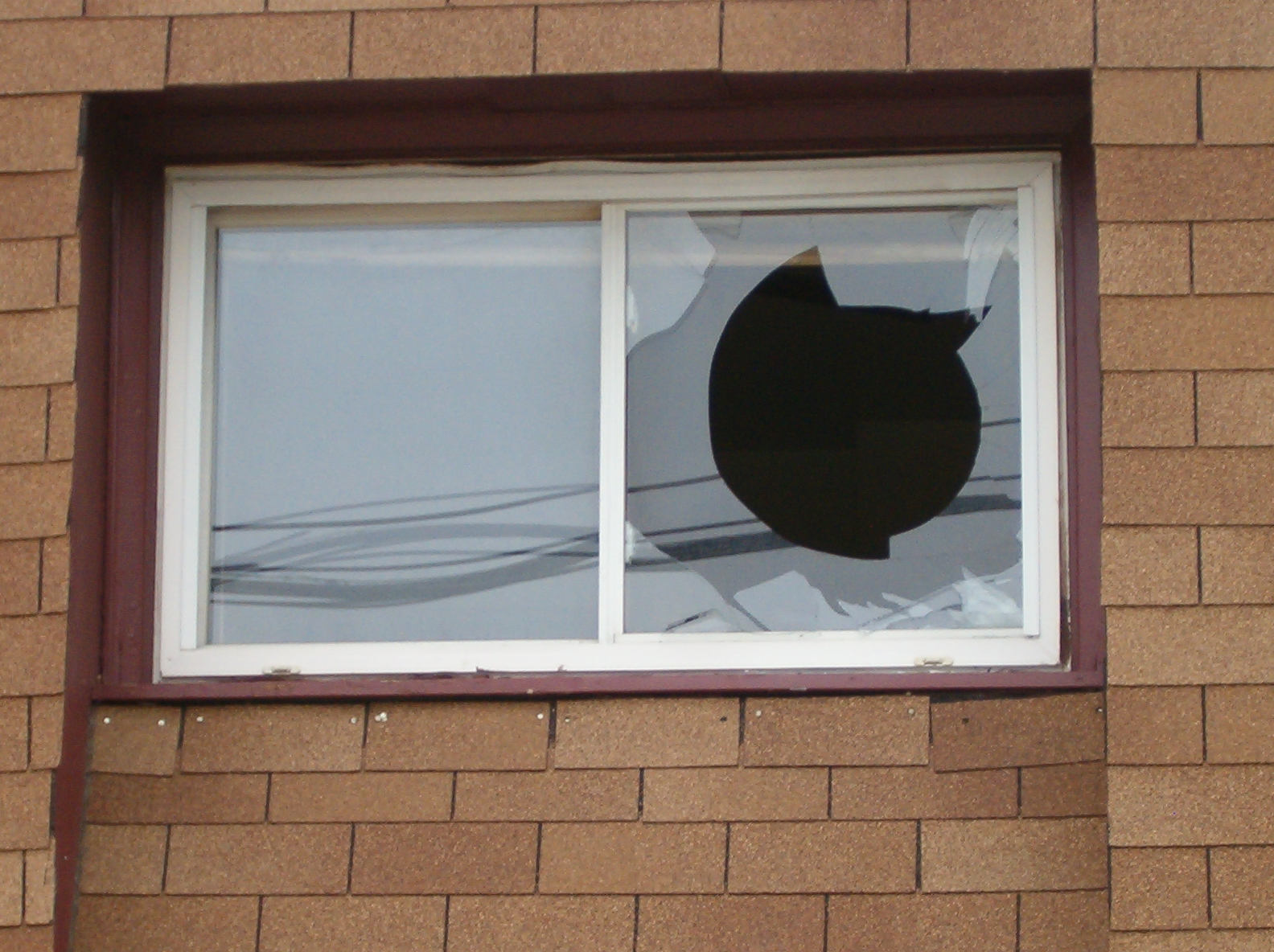I walk into room 127 of Oak Hill High School, the notorious English room, notebook in hand, ready to ask Catherine Stubbs some intriguing questions. I sit in a chair adjacent to her cluttered desk, littered with papers and pens that she uses for her classes. On the back wall, there is a bulletin board of artwork that students made her. A rocket, a landscape drawing, and a small canvas crafted meticulously into a realistic painting of the sky. Scribbled in the corner of her large whiteboard is a student’s letter to her, “love ya Stubbsy.” From this, one would assume that she has built good relationships with her students. The classroom is chatty, especially the small group of boys in the back of the room, regardless, the air in the room is rather welcoming.
She strides to the doorway and closes it with a purpose, to “queue the beginning of class,” she tells me. “Alright, so,” she says as she introduces the class to the summative that they have to complete, the annotation of two poems, and three if they would like to have a “four” for a grade. She gives an example of her analysis of a poem while repeating the phrase “ok?” at the end of every clause to help the class better understand her instruction. She then tells the class to get to work, and the chatting resumes.
She proceeds to hover around the class, asking questions to ensure students understand the assignment and are staying on track. I noticed the way she talks to students isn’t that of a typical teacher, she speaks to them as if they were her peers, easily conversing with them about everyday topics while keeping them on track. “Gettin’ some weights in today?” she asks while amusedly watching a student struggle to lift their bag. The class laughs as the student agrees and goes back to work.
I finally get the chance to ask her a question as the room settles into a quiet workspace, “what makes you want to teach?” I ask, “I like English and I like teenagers sometimes,” she emphasizes sometimes because students can be bothersome at times, however, the job is rewarding when a subject finally “clicks” for a student as if a lightbulb turned on in their head.
I ask her a second question, “I understand you are doing a grad program, what will you miss about teaching if you change positions or get promoted?” She replies, “I don’t think I’ll get promoted, I’ll just have the degree under my belt.” She would miss the students if she didn’t teach anymore. “You once said that RSU4 was your favorite school system to work for, why is that?” “Mostly becuase the admin is supportive. They are the ‘bomb dot com!’” Before I could ask her any more questions, we are rudely interrupted by the collectors for “jeans day,” both sporting school colors for spirit day. “Why are there seniors in a junior English class?” one asks, “Okay, go away, we don’t ask those questions in English class!” The two students try and fail to collect money from Ms. Stubbs, walking away with sadness and a twinge of jealousy in their eyes as she shuts the door on them.
After the rambunctious students leave, the class settles back down into a working mode. One student pipes up and starts to tell a story about how one of his friends made a large catapult and she seems intrigued and asks questions following the story. Another student tells her how he read the book that she assigned but the only part he remembers is the part where a husband and wife are found in bed naked. “Of course,” she responds, annoyance written all over her; the immaturity of high school boys at it again.
It is now time for lunch but the bell hasn’t rung, and students are ravenous; they are fighting to get to the door while Ms. Stubbs is trying to stop them. She proposes an ultimatum: the students can go if she calls the office to see why the bell has not gone off first. As she was making the call, the bell went off so the kids rushed to lunch. I thanked her for her time and followed suit.
Featured image: JKronstrand23













